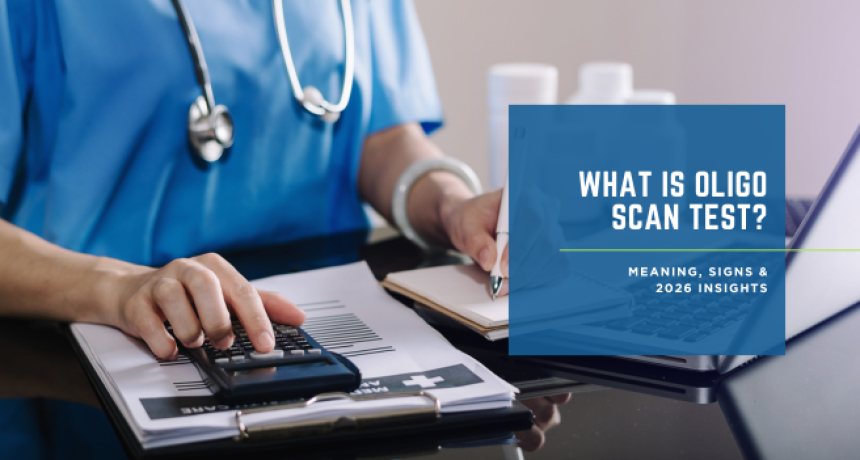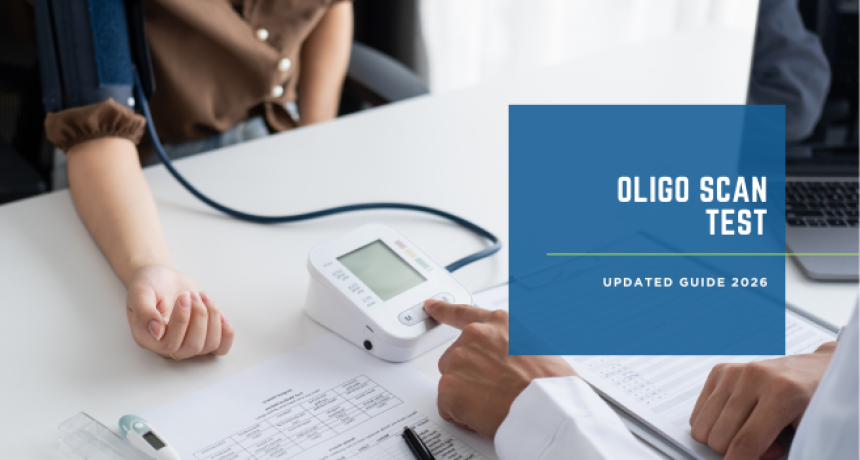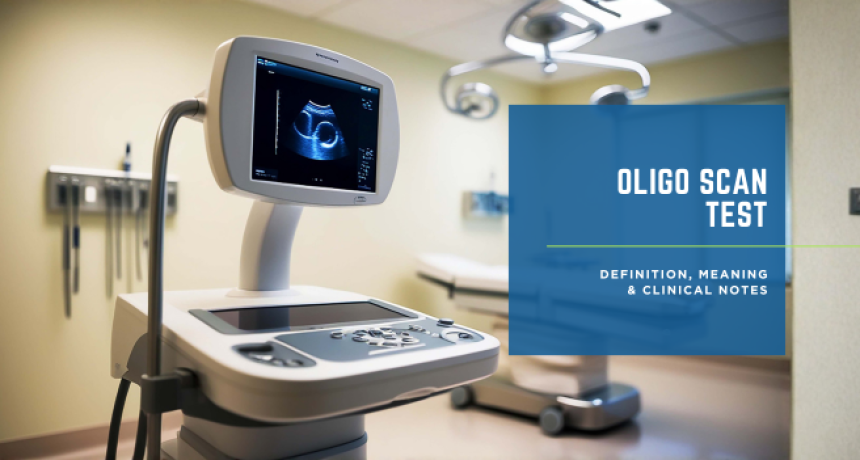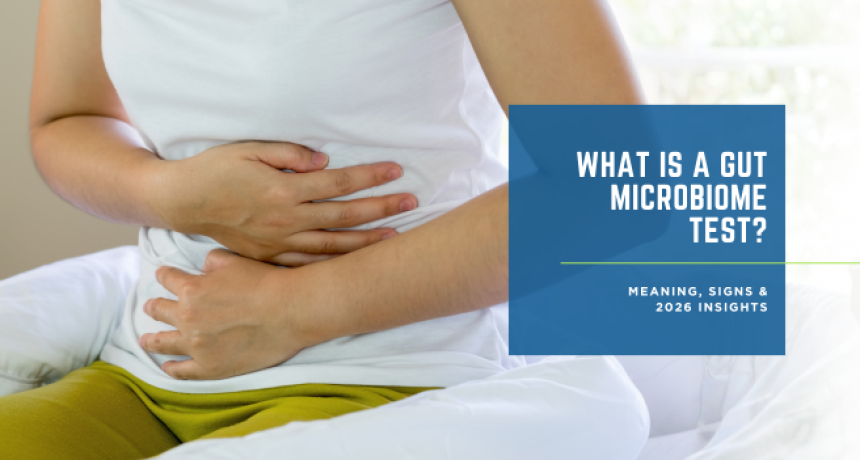How to Test Your Gut Health at Home: A Step-by-Step Guide
2025-03-21 Your gut health plays a vital role in digestion, immunity, metabolism, and mental well-being. The gut microbiome houses trillions of bacteria that influence your overall health. If you're experiencing issues like bloating, gas, irregular bowel movements, or unexplained fatigue, it might be time to test your gut microbiome. Gone are the days when you had to visit a clinic for gut microbiome analysis. Now, you can conveniently test your gut health at home using various methods, including stool sample tests, symptom analysis, and dietary tracking. Understanding what affects gut microbiome balance is crucial for maintaining optimal health. This step-by-step guide will help you understand how to test gut microbiome health at home, what signs to look for, and how to interpret results for better well-being. We'll also explore the best food for gut microbiome health and when to consider a gut microbiome supplement. Your gut microbiome consists of trillions of bacteria, fungi, and other microbes that impact your overall health. Imbalanced gut bacteria can lead to digestive issues, weakened immunity, skin problems, and even mood disorders. A comprehensive microbiome gut test can provide valuable insights into your digestive health. Signs You Need a Gut Health Test ✅ Frequent bloating, gas, or acid reflux If you experience any of these symptoms, it's time to explore how to test gut microbiome health at home. There are multiple ways to evaluate your gut health at home. Here are the most effective methods: At-home microbiome gut test kits analyze your stool sample to assess your microbial composition. These tests detect good and bad bacteria, fungi, parasites, and digestive enzyme activity, providing a comprehensive overview of your microbiome gut health. 🔹 Best for: People experiencing digestive issues, food intolerances, or immune system problems. If you prefer a non-invasive method, tracking your symptoms can help identify gut imbalances. Understanding what affects gut microbiome balance can be partially determined through symptom tracking. Keep a journal for at least 2 weeks and note: ✔️ Digestive issues (bloating, gas, constipation, diarrhea) 🔹 Best for: Early gut health assessment before taking a stool test. Certain foods can trigger inflammation, bloating, and digestive distress. An elimination diet can help you pinpoint food sensitivities and understand which food for gut microbiome health works best for your body. ✔️ Step 1: Remove common irritants (dairy, gluten, sugar, processed foods) for 2-4 weeks. 🔹 Best for: Those suspecting food intolerances or experiencing frequent bloating and discomfort. A diverse diet supports a healthy gut microbiome. Assess your gut health by evaluating your dietary variety. ✔️ Step 1: Count the number of different plant-based foods (fruits, vegetables, nuts, seeds, legumes, whole grains) you eat in a week. 🔹 Best for: Anyone looking to naturally improve gut health through diet. For a comprehensive and scientific gut microbiome analysis, we recommend the GUT360 test. Here's how to test gut microbiome health with this advanced kit: 📌 Visit L&B Clinic and place your order for the GUT360 Gut Microbiome Test in Delhi
. 📌 Use the collection tools provided in the kit. 📌 Securely package your sample in the prepaid return box. 📌 Within 2-3 weeks, you'll get a detailed gut microbiome report. 📌 Book a free consultation with a nutritionist to discuss your results. Once you've assessed your gut health, it's time to take action. Here are some proven strategies to restore gut balance: 🔹 Whole grains, legumes, nuts, seeds, and vegetables feed beneficial gut bacteria and are essential food for gut microbiome health. 🔹 Probiotics: Found in yogurt, kefir, kombucha, and fermented foods. 🔹 Sugar feeds harmful bacteria, disrupting gut microbiome balance. 🔹 Water helps digestion and maintains gut lining integrity, supporting overall gut health. 🔹 Chronic stress affects gut bacteria, so practice meditation, yoga, or deep breathing. Stress is a significant factor in what affects gut microbiome balance. 🔹 Physical activity promotes a diverse and healthy gut microbiome. 🔹 Poor sleep disrupts gut bacteria, so aim for 7-9 hours per night to maintain optimal microbiome gut health. Testing your gut health at home is easier than ever, with stool tests, symptom tracking, and diet assessments providing valuable insights into your gut microbiome. If you're looking for the most accurate and actionable microbiome gut test, we recommend GUT360 for its detailed analysis, expert consultation, and personalized health recommendations. After testing, implement a balanced gut health microbiome diet, consider appropriate food for gut microbiome health, and explore gut microbiome supplement options if needed. Understanding what affects gut microbiome balance and how to test gut microbiome health are crucial steps toward achieving optimal digestive wellness. 📌 Ready to take control of your gut health?Why Test Your Gut Health?

✅ Constipation or diarrhea
✅ Unexplained fatigue or brain fog
✅ Food intolerances or sensitivities
✅ Poor immunity or frequent infections
✅ Unintentional weight changes
✅ Skin issues like acne or eczema
✅ Anxiety or mood swings Different Ways On How to Test Gut Health at Home
1. At-Home Stool Tests (Most Accurate Method)
🔹 Process: Collect a small stool sample, mail it to the lab, and receive a detailed gut health report with recommendations.
🔹 Our Recommendation: GUT360 – A premium at home gut health that identifies 30+ gut health issues with expert consultation and personalized gut health microbiome diet recommendations.2. Gut Health Symptom Tracker
✔️ Energy levels and mood changes
✔️ Food reactions and intolerances
✔️ Sleep patterns and immune function3. Elimination Diet for Food Intolerances
✔️ Step 2: Slowly reintroduce one food at a time and monitor your body's reaction.
✔️ Step 3: Keep a record of symptoms and identify problematic foods.4. Gut Microbiome Diversity Score (DIY Test)
✔️ Step 2: Aim for at least 30 different plant-based foods per week for optimal microbiome gut health.
✔️ Step 3: If your diet lacks diversity, introduce more fiber-rich, probiotic, and prebiotic foods that support your gut health microbiome diet.Step-by-Step Guide to Testing Your Gut Health with GUT360
Step 1: Order Your Kit
📌 Your microbiome gut test kit will be delivered to your doorstep with free two-way shipping.Step 2: Collect Your Stool Sample
📌 Follow the enclosed instructions to ensure a clean and accurate sample.Step 3: Send Your Sample Back
📌 Send it back to our lab for analysis.Step 4: Receive Your Results
📌 The report will include insights into your gut bacteria, food intolerances, digestion efficiency, and inflammation levels.Step 5: Get Expert Consultation
📌 Receive personalized gut health microbiome diet recommendations, advice on gut microbiome supplement options, and lifestyle recommendations to improve gut health.How to Improve Your Gut Health After Testing
1. Eat More Fiber-Rich Foods
2. Incorporate Probiotics & Prebiotics
🔹 Prebiotics: Found in garlic, onions, bananas, and asparagus.
🔹 Consider a gut microbiome supplement if dietary sources are insufficient.3. Avoid Processed & Sugary Foods
4. Stay Hydrated
5. Manage Stress
6. Exercise Regularly
7. Get Enough Sleep
Final Thoughts
✔️ Order the GUT360 Gut Microbiome Test today!
✔️ Book a consultation with a nutritionist for personalized microbiome gut health solutions in Delhi!
.png)















